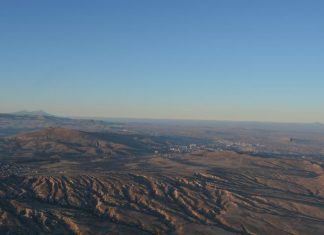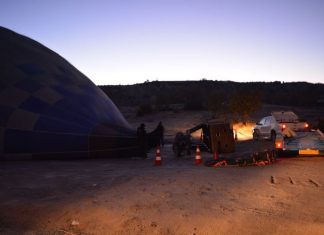II In this manner, then, the Scythians were driven out from the districts round Macedonia and Philippopolis, but they returned and encamped beside the Ister and settled along its banks and plundered our territory as freely as if it were their own. When the Emperor heard this, he could not endure the idea of their settling within the Roman frontiers, and at the same time he was afraid of their crossing the passes again and perpetrating worse mischief than before.
Consequently he made his preparations, fitted out the army well and marched to Adrianople and thence to Lardea. which lies in the plain between Diabolis and Goloë. Here he appointed George Euphorbenus general and dispatched him by sea to Dristra. Then the Emperor stayed in those parts for forty days and summoned troops from all sides. When he had collected a large army, he deliberated whether he should traverse the defiles and commence warfare with the Scythians, ” for,” said he, ” we ought not to allow them immunity at all,” and there was justice in this remark in the case of these barbarians.
Starting in summer and finishing in autumn
For the incursions of the Scythians did not begin in one of the four seasons and cease in the following, for instance, starting in summer and finishing in autumn, or even in winter (or late autumn) ; nor was this evil limited to the cycle of one year, but for several years past they had been troubling the Empire, although in the plethora of subjects I have only mentioned them occasionally. Neither could they be split up by double-dealing, although the Emperor had often tried to seduce them in various ways; but not one deserted to him even in secret, so unswerving was their loyalty up to that time..
Now Nicephorus Bryennius and Gregorius Mavrocatacalon whom the Emperor had ransomed for forty thousand pieces of money when taken by the Scythians, did not at all approve of waging war along the Ister with the Scythians ; but George Palaeologus and Nicolas Mavrocatacalon and all the young, vigorous men pressed the Emperor hard and urged him to cross the passes of the Hoemus and start war with the Scythians on the Danube.
Of this same opinion were also Nicephorus and Leo, the two sons of the Emperor Diogenes, who were born to him in the purple room after his elevation to the throne and were consequently styled ” Porphyrogeniti.” This purple room was a certain building in the palace shaped as a complete square from its base to the spring of the roof, which ended in a pyramid; it looked out upon the sea and the harbour where the stone oxen and lions stand.
Read More about Second Battle with Heresy part 3








